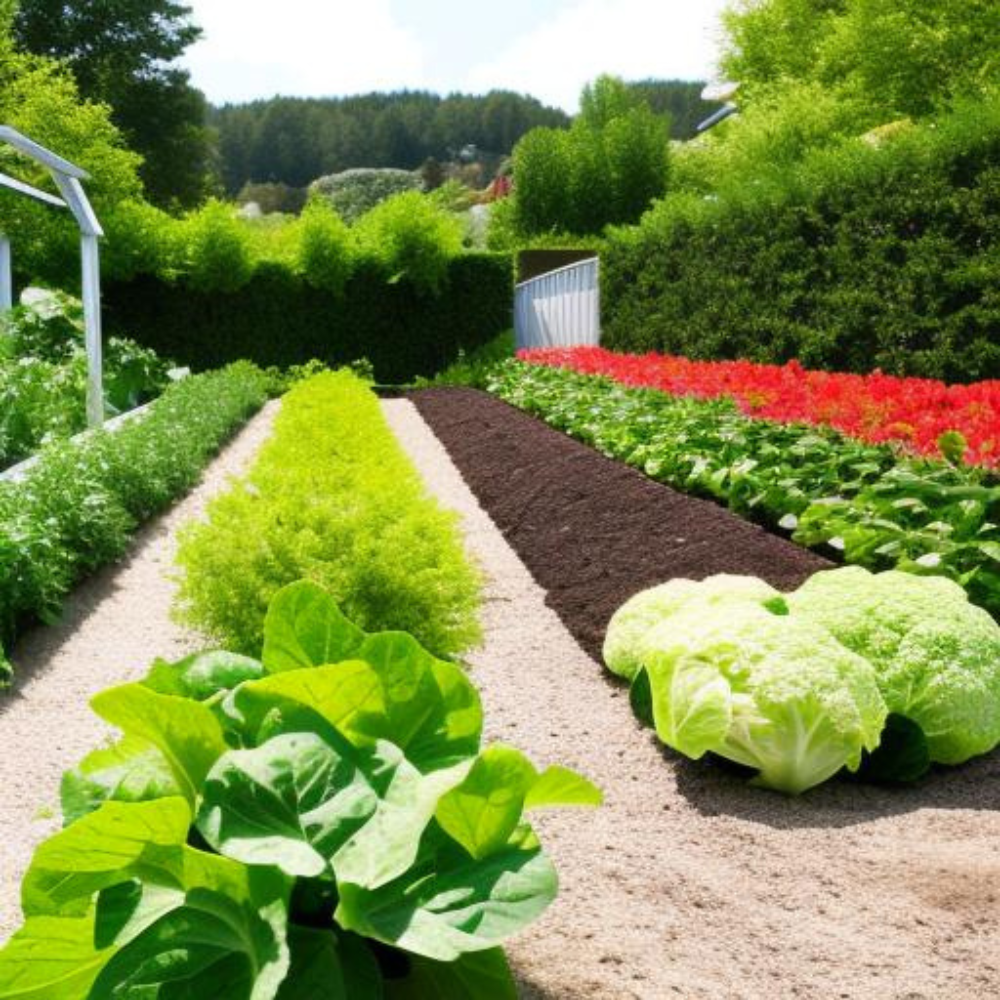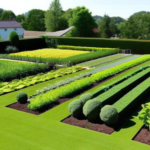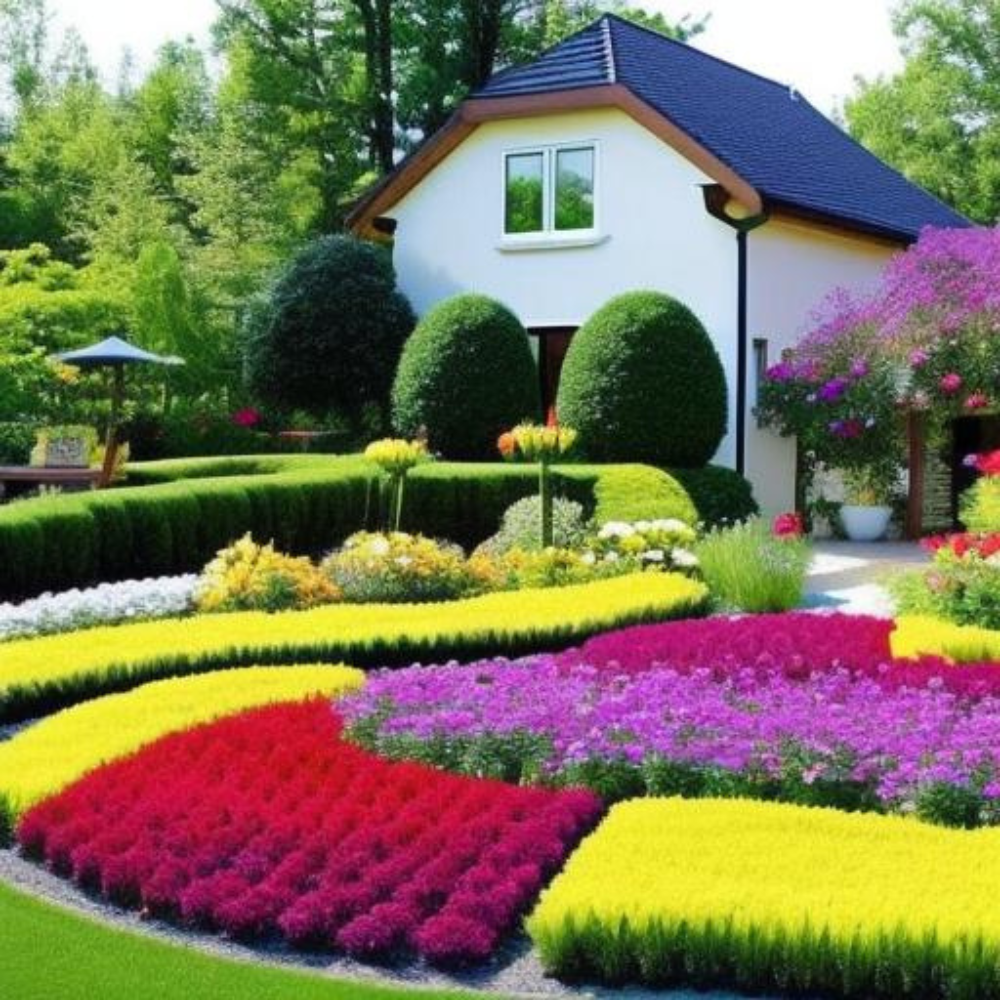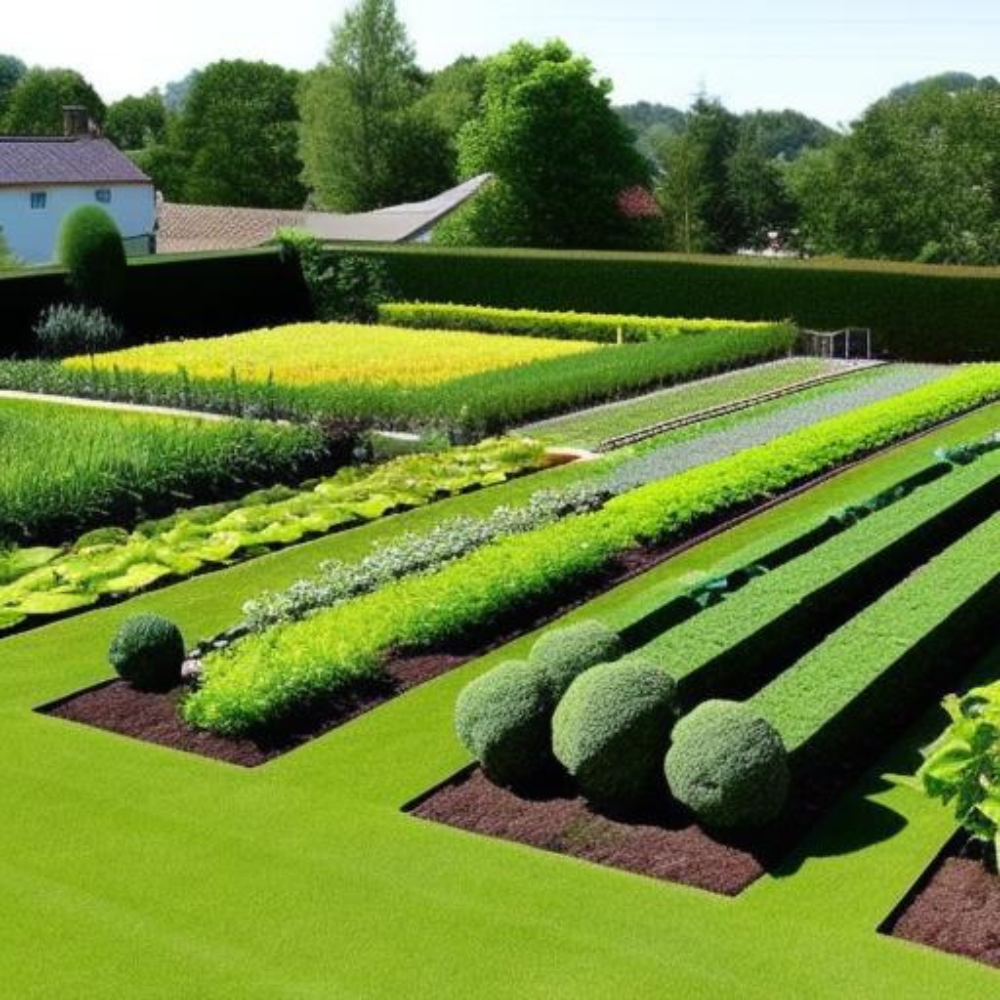Starting your own vegetable garden can be an incredibly rewarding and satisfying experience. Not only do you get to enjoy the taste and nutrition of fresh produce, but you also get the satisfaction of growing it yourself. However, for those who have never gardened before, the prospect of starting a garden can be daunting. Here are 10 tips to help you get started with your first vegetable garden.
10 tips to help you get started with your first vegetable garden
-
Start small
It’s important to start small with your first vegetable garden. You don’t want to overwhelm yourself with a large plot of land that requires a lot of maintenance. Instead, start with a small plot or container garden, and gradually increase the size as you become more comfortable with gardening.
-
Choose the right location
Choose a location for your garden that receives plenty of sunlight and has good drainage. Most vegetables require at least 6 hours of sunlight per day to grow properly, so make sure your garden is situated in a spot that gets plenty of sun. Additionally, make sure the area has good drainage so that water doesn’t pool around the roots of your plants.
-
Prepare the soil
Before planting, prepare the soil by loosening it with a garden fork or tiller. Remove any weeds or rocks, and add compost or other organic matter to enrich the soil. This will help ensure that your plants have the nutrients they need to grow healthy and strong.
-
Choose the right vegetables
When selecting vegetables for your garden, choose ones that are well-suited to your climate and growing conditions. Additionally, choose vegetables that you and your family enjoy eating. Some good options for beginners include tomatoes, peppers, cucumbers, beans, and lettuce.
-
Plant at the right time
Different vegetables have different planting times, so make sure you do your research and plant each vegetable at the appropriate time. In general, most vegetables should be planted in the spring after the last frost has passed.
-
Water regularly
Vegetables need regular watering to grow properly. Water your garden deeply once or twice a week, depending on the weather and soil conditions. Try to water in the morning or evening to reduce evaporation and prevent fungal diseases.
-
Mulch
Mulching your garden can help retain moisture in the soil, suppress weeds, and regulate soil temperature. Use a layer of straw, leaves, or grass clippings to mulch around your plants.
-
Fertilize
Vegetables require nutrients to grow, so it’s important to fertilize your garden regularly. Organic fertilizers like compost or manure are a good option for beginners, as they are easy to find and use.
-
Control pests and diseases
Pests and diseases can quickly damage or destroy your garden. Keep an eye out for signs of pests or diseases, and take action quickly if you notice any issues. Organic pest control methods like hand-picking or using insecticidal soap are a good option for beginners.
-
Enjoy the process
Gardening can be a relaxing and enjoyable hobby. Take the time to enjoy the process of growing your own vegetables, and don’t get too caught up in the end result. Even if your first garden doesn’t produce a bumper crop, you’ll learn a lot and have fun in the process.
Conclusion
In conclusion, starting a vegetable garden can be a rewarding and enjoyable experience. By following these tips and taking the time to learn about gardening, you can create a beautiful and productive garden that provides fresh, healthy produce for you and your family.





